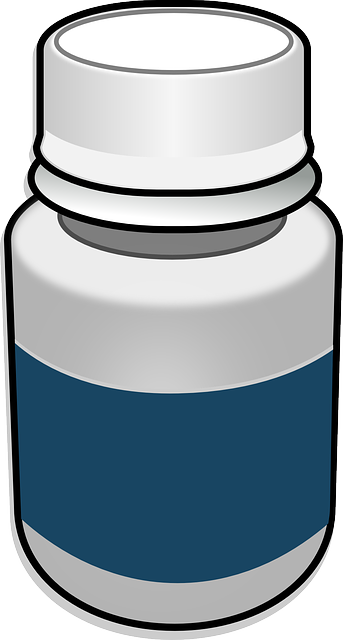Understanding Acyclovir: Dosage, Uses, and Side Effects

Acyclovir is a widely used antiviral medication known for its effectiveness against certain viral infections, particularly those caused by the herpes virus family. Understanding how this medication works, its appropriate dosage, various uses, and possible side effects is crucial for patients and caregivers alike.
What is Acyclovir?
Acyclovir, often recognized by its brand name Zovirax, is an antiviral drug that interferes with the replication of viral DNA. It is primarily prescribed to manage infections caused by herpes simplex viruses, including genital herpes, and to treat varicella-zoster virus infections, which lead to chickenpox and shingles.
Uses of Acyclovir
Acyclovir serves several key purposes in the medical field:
- Herpes Simplex Virus (HSV) Infections: It is effective in treating both initial and recurrent episodes of genital herpes, significantly reducing symptoms and healing time.
- Shingles: Acyclovir can help alleviate symptoms and shorten the duration of the herpes zoster virus.
- Chickenpox: In certain cases, particularly in immunocompromised patients, acyclovir is used to treat chickenpox.
- Herpes Encephalitis: This severe condition can be treated with acyclovir, leading to better outcomes when administered timely.
Dosage Guidelines
The dosage of acyclovir varies based on the condition being treated, the patient’s age, and overall health. Below is a summary of typical dosages:
| Condition | Dosage (Adults) | Dosage (Children) |
|---|---|---|
| Genital Herpes (Initial Episode) | 400 mg three times daily for 7-10 days | 20 mg/kg (up to 400 mg) three times daily for 7-10 days |
| Herpes Zoster (Shingles) | 800 mg five times daily for 7 days | 20 mg/kg (up to 800 mg) five times daily for 7 days |
| Chickenpox | 800 mg four times daily for 5 days | 20 mg/kg (up to 800 mg) four times daily for 5 days |
Potential Side Effects
Like any medication, acyclovir can cause side effects. While many people tolerate it well, some may experience:
- Nausea and Vomiting: These are common reactions, especially if the medication is taken on an empty stomach.
- Headaches: Some patients report headaches during treatment.
- Dizziness: Occasionally, dizziness may occur, particularly in those taking higher doses.
- Skin Reactions: Rash and itching can be a sign of an allergic reaction.
- Kidney Issues: Acyclovir can affect kidney function, especially in dehydrated patients, so hydration is essential during treatment.
Final Thoughts
Acyclovir is a valuable tool in the management of viral infections caused by the herpes virus family. When used appropriately, it can significantly improve the quality of life for those affected by these conditions. However, as with any medication, it is crucial to follow your healthcare provider’s instructions and discuss any concerns regarding side effects or interactions with other medications.
For more information, consider visiting the following resources:
